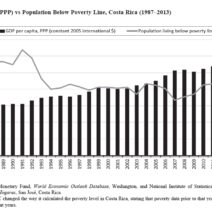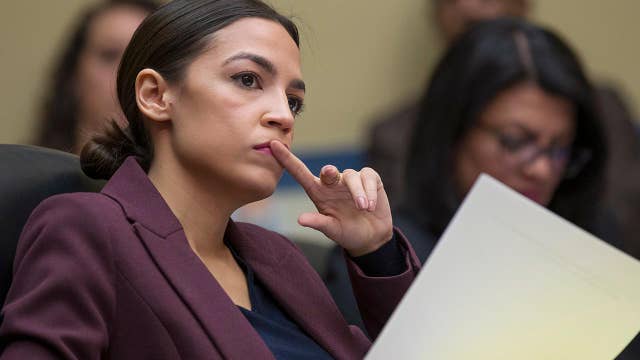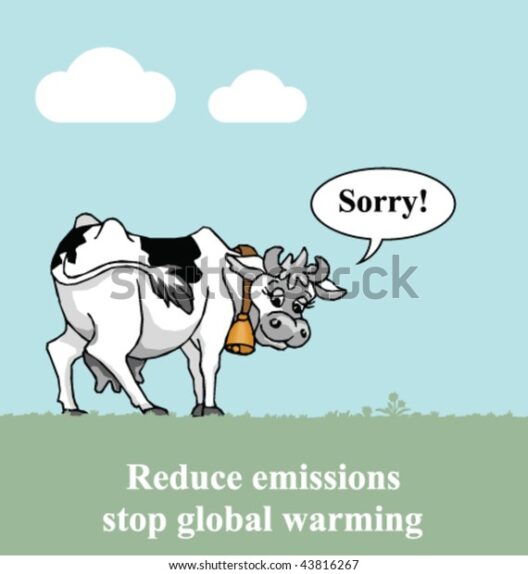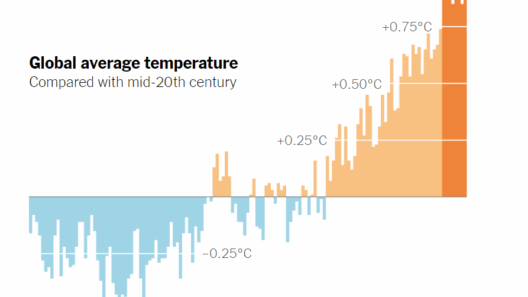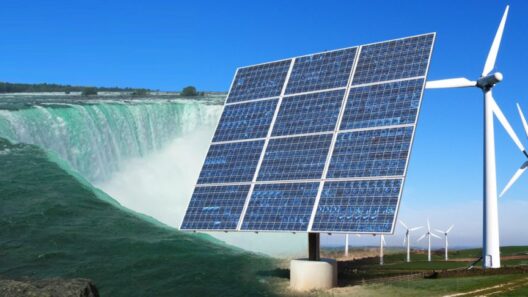In recent years, fire disasters have become increasingly prevalent, igniting discussions regarding their underlying causes. One prominent political figure, Representative Alexandria Ocasio-Cortez, has been vocal about linking these catastrophic events to global warming. An examination of her assertions sheds light on the broader implications of climate change and how it exacerbates fire risks. This discourse is vital in understanding the intersection of environmental advocacy and policy-making.
Fire disasters are a multifaceted phenomenon influenced by numerous environmental, social, and political factors. However, the undeniable correlation between climate change and the increasing frequency and intensity of wildfires has garnered significant attention. Ocasio-Cortez posits that the rising global temperatures, primarily due to anthropogenic emissions, are significantly altering ecosystems and creating favorable conditions for wildfires to thrive. Such a stance is substantiated by scientific studies indicating that hotter temperatures contribute to drier conditions, making landscapes more susceptible to ignition.
The ramifications of climate change are evident in various regions across the globe. For instance, in the western United States, prolonged droughts and warmer winters have created a tinderbox scenario for many forested areas. Under these circumstances, even minor ignitions can lead to catastrophic wildfires, devastating vast swathes of land. Ocasio-Cortez emphasizes that these disasters are not mere isolated incidents but rather indicators of a larger systemic crisis exacerbated by climate change.
When examining the causal relationship between rising temperatures and fire incidents, it becomes important to consider specific environmental variables. For example, altered precipitation patterns result in some areas experiencing heavy rainfall followed by extended dry spells. This cycle not only leads to the proliferation of underbrush that serves as kindling but also contributes to the uneven distribution of plant species, which can exacerbate fire intensity. By highlighting these interconnected elements, Ocasio-Cortez underscores that the ongoing climate crisis is creating an unsustainable environment for both ecosystems and human populations.
Additionally, the socio-economic implications of fire disasters cannot be overlooked. Communities affected by recurring wildfires face not merely the immediate danger of fire but also the long-term repercussions of displacement, property destruction, and loss of livelihoods. Ocasio-Cortez advocates for a comprehensive approach that addresses the root causes of climate change, emphasizing the necessity of transitioning to renewable energy sources and implementing sustainable land management practices. This viewpoint aligns with the broader environmental justice movement, which seeks to rectify the disproportionate effects of climate change on marginalized communities.
In her commentary, Ocasio-Cortez often invokes the notion of responsibility—collectively and individually—suggesting that all stakeholders are accountable for mitigating the impacts of climate change. This sense of urgency reflects growing concerns that without significant intervention, the catastrophic fire seasons experienced in recent years may become the norm. This conversation is paramount not only for policymakers but also for citizens, as it underlines the necessity of grassroots advocacy in addressing climate change.
Furthermore, the intersectionality between climate policy and social equity is a critical component of Ocasio-Cortez’s discourse. The Green New Deal, a legislative proposal she co-sponsored, aims to address climate change while also promoting economic equity and job creation. By linking environmental sustainability with social justice, this initiative seeks to create a comprehensive framework for tackling the systemic issues that underlie both climate change and societal inequities.
Scientific consensus surrounding the multifactorial nature of fire disasters supports Ocasio-Cortez’s assertions. Research indicates that human-induced climate change is fundamentally altering fire regimes worldwide. A synthesis of studies shows heightened burn areas coincide with increased temperature anomalies. Moreover, as glaciers melt and permafrost thaws, methane and carbon dioxide are released, further exacerbating global warming and its associated risks, including wildfires.
The ramifications of Ocasio-Cortez’s statements extend beyond legislative debates; they also foster public dialogue surrounding personal responsibility and community action. The invitation to engage in these discussions encourages individuals and organizations to take proactive steps toward waste reduction, energy conservation, and environmental stewardship. The message is clear: collective action is essential to combat the climate crisis and mitigate the fire disasters that arise from it.
In conclusion, Alexandria Ocasio-Cortez’s linkage of fire disasters to global warming is representative of a broader narrative that acknowledges the systemic nature of climate change. Brush fires, wildfires, and other fire-related catastrophes cannot be viewed in isolation; they are interwoven into the complex fabric of our changing climate. As conversations about the environment continue to evolve, the importance of incorporating comprehensive climate strategies, environmental justice, and collective accountability remains paramount. Acknowledging the fluid relationship between climate change and its exacerbation of fire disasters is not merely an academic exercise; it is essential for forging pathways toward a sustainable future.
